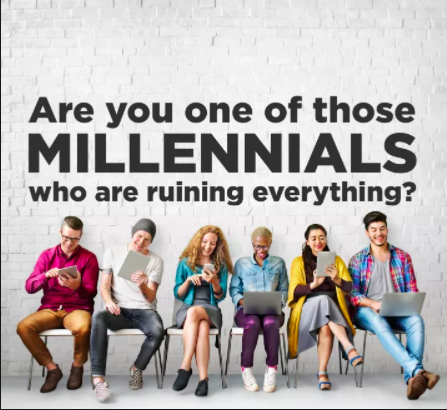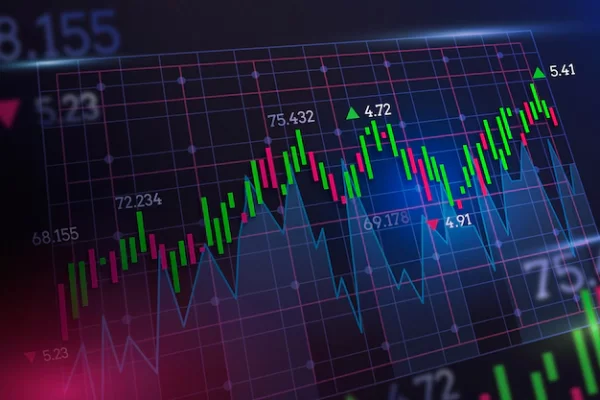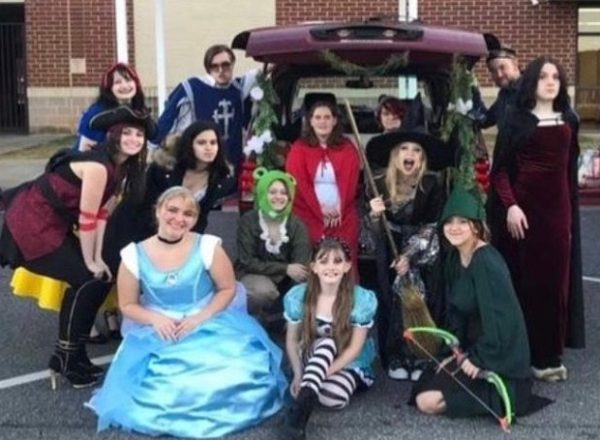Millennials

Young and old are constantly feuding over their roles in headlines, casting millennials as “technology obsessed liberals.” The most significant changes in our world are occurring at this moment, from politics, environmental threats, and ever-changing technology to personal rights. Our workplace, culture, environment, and the government should recognize the efforts of reviving the economy in an attempt to build a better world. There are over 80-million millennials, making them the largest generation to have positive effects and push businesses forward, not back.
Born between 1980-2000, today’s millennials are between the ages of 17 and 38. Understanding millennials is critical because no matter what business you’re in, they are the most important demographic. Millennials have been raised in years of economic prosperity and tech bubbles only to have their views rocked by tragic events such as public and school shootings, consistent hate crimes, and handling the skepticism of politicians. These experiences have primed this group of kids to be mature, independent, intelligent young adults which may just construct the future in different ways than anyone could have imagined.
According to Forbes.com, 81% of millennials have donated money, goods, or services as they strive to give back to society, despite poor economic situations. While being the most tech-savvy generation, they use technology to its advantage by using social networking sites in order to report crimes, raise money for non-profits and share insights.
Companies in the workforce have also felt the pressure from millennials to evolve. About 1 in every 3 employees in the U.S. alone will be a millennial by next year, and by 2025 they will become 75% of the global workforce. This generation has shaped companies to crush nine to five workdays, rethink flexibility and meetings, and transformed companies to believe businesses should focus on societal purposes, and not just be in business for profit. Sooner than we think, we could see quite a few millennials become social entrepreneurs. Aside from being a percentage of the workforce, the future millennials plan on settling with will be strangely different than recent traditions their parents grew up with. This generation has been raised by those having kids before the age of 18 and getting married. The USDA’s “Cost of Raising A Child” report estimated that in the 1960s, the average family could expect to spend $25,230 raising a child, and that figure has increased to over $233K today. At the age that most millennials currently fall under, they are not able to afford to have children, so most will be looking to have them in their late 30’s and early 40’s, which presents “more difficult and higher health risks” and may cause a panic and a lot of pressure to rush into settling down. Generational expert Jason Dorsey explains: “If you are going to do it, you have to do it now… And for the obvious reason that it’s going to be more difficult and more challenging, it’s going to create a different kind of conversation.”
Dr. Carole Easton, chief executive of Young Women’s Trust, is concerned for the future of women. Women specifically continue to struggle with being paid less than
men, and she worries they are more likely to be stuck in low-end jobs with an unsure future. Future women of America are expected to be the main bread-winners for their families as the role of being a house-wife is becoming less and less common in society today.
The road ahead of our nation will be bumpy and unexpected, but it is secure in the fact that the series of tragic events behind us have been witnessed by millennials for them to learn and plan to serve our next generation as leaders. Though we are not the most optimistic generation, the realism of the millennial generation will return America to its prospering condition, leading it to believe that the future is millennial.


















